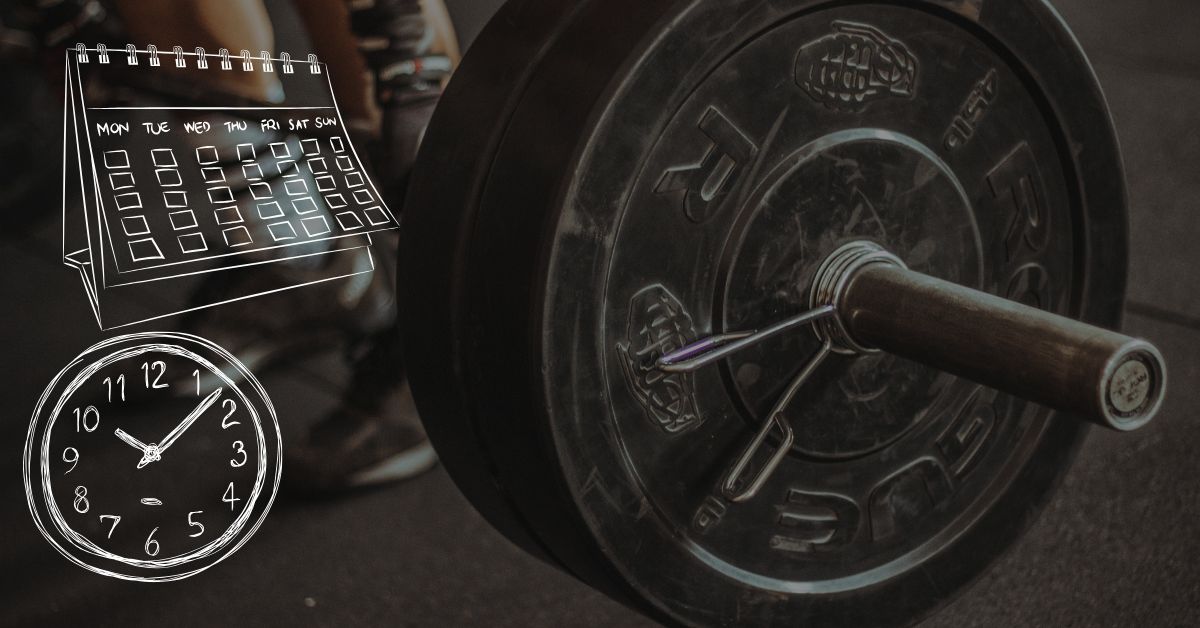Get ready to kick off winter with 7 Bamboos RFC!…

Sleep to Win! The Power of Sleep for Peak Performance
Athletes are acutely aware of the pivotal role that physical activity plays in cultivating a healthy lifestyle.
Regular training not only hones their skills and builds endurance, but also contributes to their overall well-being and longevity.
However, to truly excel in their sport, rugby players meticulously prepare in every aspect of their lives, meticulously crafting a holistic approach that transcends the gym and training field.
This meticulousness extends beyond just rigorous training sessions and prioritising nutritious meals; it also encompasses ensuring sufficient time for rest, recovery, and most importantly, quality sleep.
Any deficiency in these areas can significantly impact their performance on the pitch. Sleep, in particular, holds immense importance in their athletic endeavors.
The Science Behind Sleep’s Importance for Rugby Players
For rugby players, as for athletes in any discipline, sleep is fundamental for maintaining optimal health and peak performance.
Every individual requires adequate sleep to feel rejuvenated and function effectively the following day.
However, sleep offers far more than just a period of rest; it’s a vital physiological process that underpins numerous physical benefits, including:
- Cellular Repair and Recovery: During sleep, the body enters a state of repair. The heart rate slows down, allowing it to rest and recover from the strenuous demands of training and competition. Growth hormone, essential for muscle growth and tissue repair, is also released in greater quantities during sleep. This restorative process is crucial for rugby players to recover from intense training sessions and competitive matches, ensuring they are physically prepared for the next challenge.
- Cardiovascular Health: Sleep isn’t simply a passive state of rest; it’s a period of active physiological regulation. Changes in heart rate and breathing patterns occur during different sleep stages, promoting cardiovascular health and ensuring the efficient delivery of oxygen and nutrients throughout the body.
- Immune System Boost: Quality sleep strengthens the body’s natural defences. During sleep, the production of cytokines, signaling molecules that help regulate the immune system, is stimulated. This enhanced immune function helps rugby players fight off infections and illnesses, which can significantly impact training schedules and playing time.
These restorative effects are vital for rugby players’ recovery and performance, enabling them to withstand the demands of their training regimens and competitive matches. When sleep is compromised, these physiological processes are disrupted, leaving players vulnerable to injuries, illnesses, and decreased performance.
The Impact of Sleep on Mental State
While the physical benefits of sleep are undeniable, its impact on mental state is equally essential for rugby players. Quality sleep is critical for cognitive function and mental well-being.
During sleep, the brain consolidates memories, a process by which recently learned information is transformed into long-term memories. This consolidation process is essential for rugby players to retain the skills learned during training sessions, such as complex plays and strategic maneuvers.
Sleep deprivation disrupts this process, hindering skill acquisition and adaptation. When players are sleep-deprived, their brains struggle to form and maintain the memory pathways necessary for optimal performance.
Moreover, adequate sleep supports cognitive processing, ensuring that rugby players can make quick decisions and adapt to dynamic game situations effectively. The split-second decision-making required in rugby necessitates a sharp and focused mind. Sleep deprivation impairs cognitive processing speed and reaction time, putting players at a disadvantage on the field.
Furthermore, quality sleep plays a significant role in maintaining mental health. Studies have shown a strong correlation between sufficient sleep and improved mood regulation.
Sleep deprivation can exacerbate symptoms of anxiety and depression, conditions that can significantly impact focus, motivation, and overall performance.
Sleep and Athletic Performance: A Two-Way Street
Research consistently demonstrates that both the quantity and quality of sleep directly impact various aspects of athletic performance among rugby players. Studies have yielded compelling evidence that extending sleep duration yields several performance benefits:
- Improved Reaction Times and Accuracy: Studies on basketball players have shown that extending sleep duration can lead to improvements in sprinting speed and shooting accuracy. Similarly, swimmers who prioritise sleep hygiene demonstrate faster reaction times, and quicker turn speeds, and report feeling more positive overall.
- Enhanced Skill Acquisition: Tennis players who prioritise sleep exhibit greater serve accuracy. Additionally, research on netball and soccer players suggests that sleep hygiene education, which promotes healthy sleep habits, can lead to increased overall sleep time and improved performance.
Conversely, inadequate sleep can have detrimental effects on athletic performance. Rugby players who experience poor sleep quality or insufficient sleep duration may suffer from:
- Decreased Speed and Agility: Sleep deprivation can lead to a decrease in sprinting speed and agility, two crucial aspects of rugby performance.
- Impaired Decision-Making: When sleep-deprived, players struggle to think clearly and make sound decisions under pressure. This can lead to costly errors on the field, impacting the overall game strategy and team performance.
- Reduced Endurance and Faster Fatigue: Sleep deprivation diminishes the body’s ability to sustain physical
Conclusion
In conclusion, the intricate relationship between sleep and athletic performance, particularly for rugby players, cannot be overstated. This article has illuminated the multifaceted role that sleep plays in supporting not only the physical recovery and health of athletes but also their cognitive functions and mental well-being.
The significance of sleep extends beyond mere rest, acting as a foundational pillar for cellular repair, cardiovascular health, immune system strength, memory consolidation, cognitive processing, and mood regulation.
As research continues to reveal, the quality and quantity of sleep directly correlate with an athlete’s ability to perform at their peak. Therefore, for rugby players and athletes across all disciplines, prioritising sleep is not just beneficial—it’s essential for achieving excellence in their sport.
By embracing a holistic approach to training that includes rigorous physical preparation, nutritional diligence, and a strong commitment to sleep hygiene, athletes can optimise their performance, maintain their health, and enhance their longevity in the competitive world of sports.
Further Reading:
Check out all the articles in our Coaching section
The Impact of Sleep Interventions on Athletic Performance





